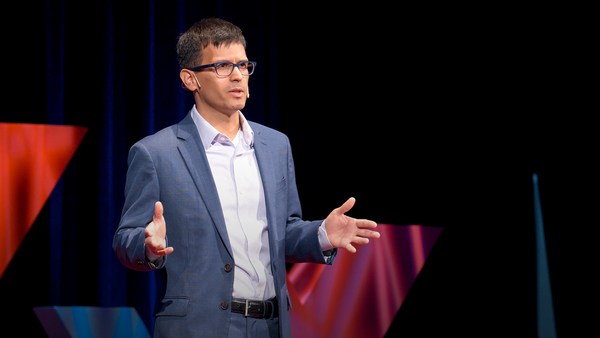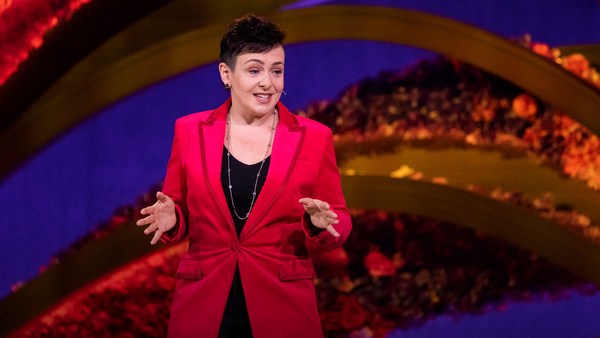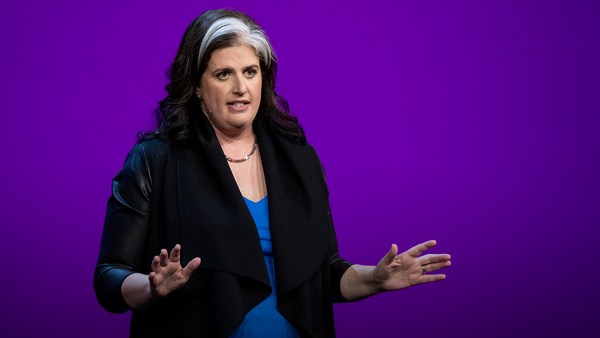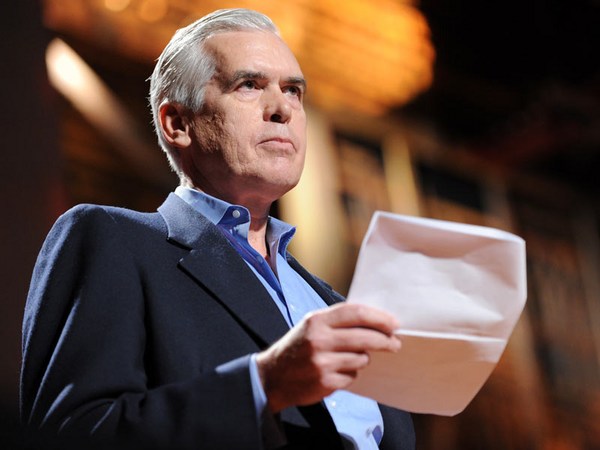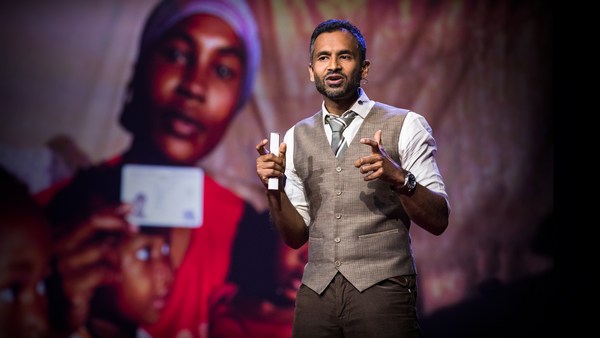I'm a lawyer based in Chicago, and two months ago I represented a Vietnamese immigrant woman in her divorce. As she was testifying about how her husband brutally raped her, the judge repeatedly told her to stop speaking. She should only speak when I asked her a question.
Can you imagine having to publicly share one of the most painful, traumatic moments in your life and being told over and over again to basically shut up? It felt so wrong, but also so familiar for me.
My mother, she had no say in her divorce. She didn't have a lawyer, so she signed papers giving away everything because she thought she would otherwise be deported back to Vietnam. I thought by becoming a lawyer, I could help people like my mother. But then I realized I was actually part of the problem.
As lawyers, we take over speaking for our clients. And courtroom procedures, rules of evidence means that we have all the power in what happens in their cases. We take terrible situations from people's lives and we translate it into legal language. But, in doing so, we rewrite our clients as caricatures. The most helpless, most victimized versions of themselves. This is the American legal system.
And that's why, eight years ago, I founded Beyond Legal Aid in the belief that it doesn't have to be this way, and lawyers can actually change it, working within, making it so that clients can speak for themselves.
How does this work? First, instead of working nine to five in offices downtown, we travel, go to our clients where they live. And during evenings, nights and weekends when they are available. And they can be active participants in the legal process.
Next, let me share a little secret. Well, at least for the non-lawyers. Attorneys like to be in charge. We go to law school, we hang up fancy law degrees, and we wear fancy suits -- obviously much fancier than what I’m wearing -- because we want to be in control. But it’s our clients whose lives are being judged and impacted by what I do. They need to be full partners in charge of their own cases. We can give advice, empower them to navigate the legal system. But ultimately, we need to follow their lead and defer to their decisions.
Let me give you an example. One of our clients, let's call him Atticus, he was facing deportation in a case where the law was completely against us. Atticus had been in ICE detention for several months because the immigration judge denied him bond. So he and OCAD, the Organized Communities Against Deportation, the community group we were working with on his case, wanted to try for bond a second time. I and the other lawyers were like, "No, no, no, no, no, no, no. You can't do that. The law is bad, the judge has already said no once, and we don't want to piss him off by questioning his decision."
But they wanted to proceed, so we deferred to their decision. However, instead of my sharing his situation on his behalf, we convinced the judge to hear a live conversation between Atticus and his US citizen son, let's call him Jem. Jem spoke about how he wanted to commit suicide because he couldn't live without his father anymore. Atticus broke down, sobbing in despair because he felt responsible for what was happening with his son and yet couldn't be there for him. The judge was forced to hear directly how Atticus and Jem loved each other and how much they needed each other. He heard it unadulterated, in full, without any questions, without any interruptions by any lawyers. Unfortunately, he denied bond a second time. But -- and of course there’s a “but,” right, otherwise, I wouldn't be telling you this story.
(Laughter)
The judge then cancelled Atticus’s deportation. I cannot tell you how utterly, absolutely shocking that legal victory was.
(Applause)
I was like, "Oh my God, I can't believe this happened." And ... I’m going to say something now, which lawyers don’t say very often but probably should say a lot more often. I was wrong. My client and his community, they knew better. If we had not followed their lead and tried for bond a second time, the judge would have never heard Atticus tell his own story and be so moved by what was going on that he defied the law to allow Atticus to stay in the country with his son.
Atticus being able to tell his own story, created a decision that was impossible, at least what we thought as attorneys. Atticus sharing and talking his own case created justice where the law was wrong. And that's why the legal system has to change, so that people like Atticus can share their own stories, have agency over their own cases. In the meantime, we as lawyers need to make it happen in our work, in our cases right now.
Thank you.
(Applause)
